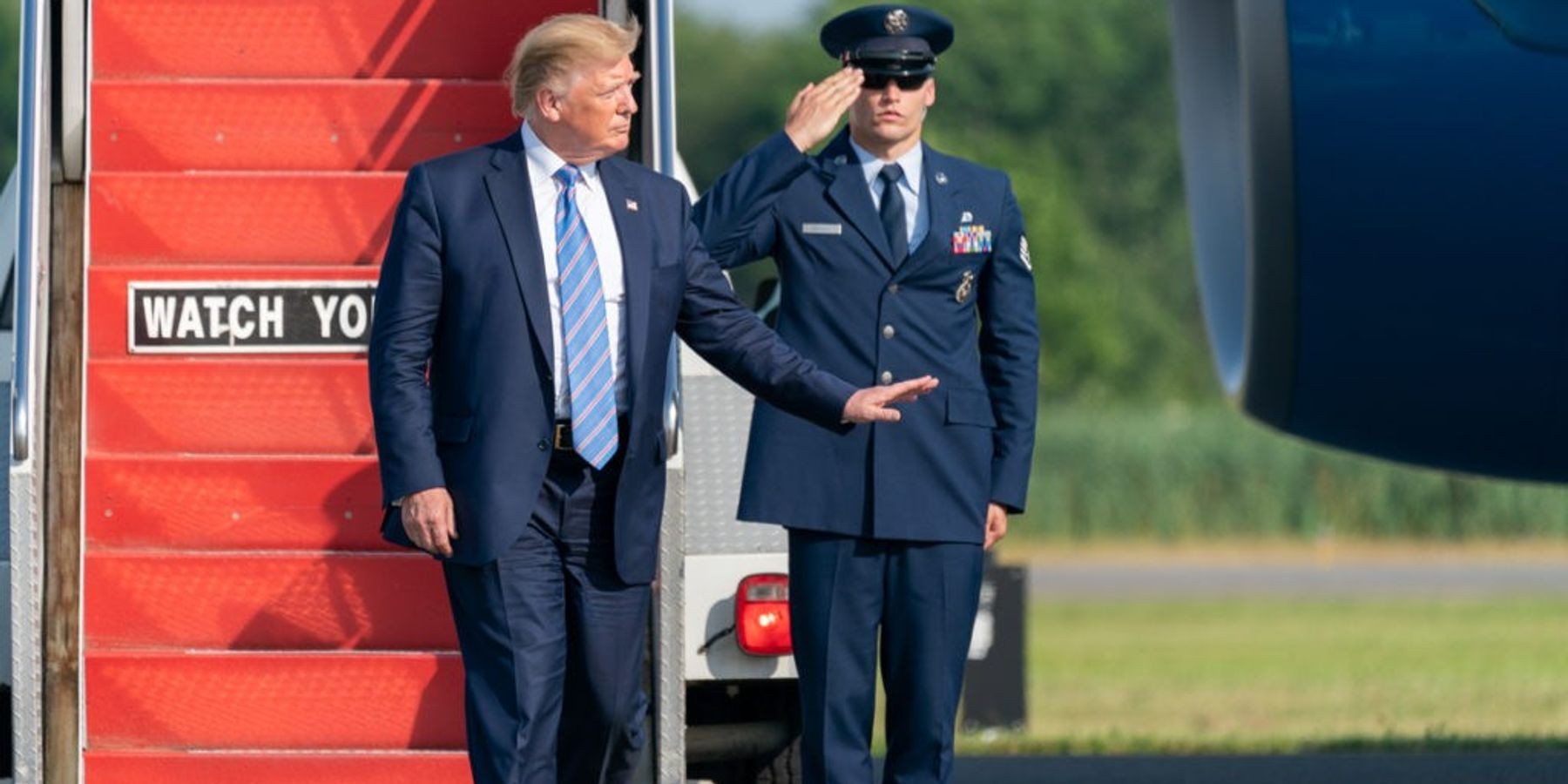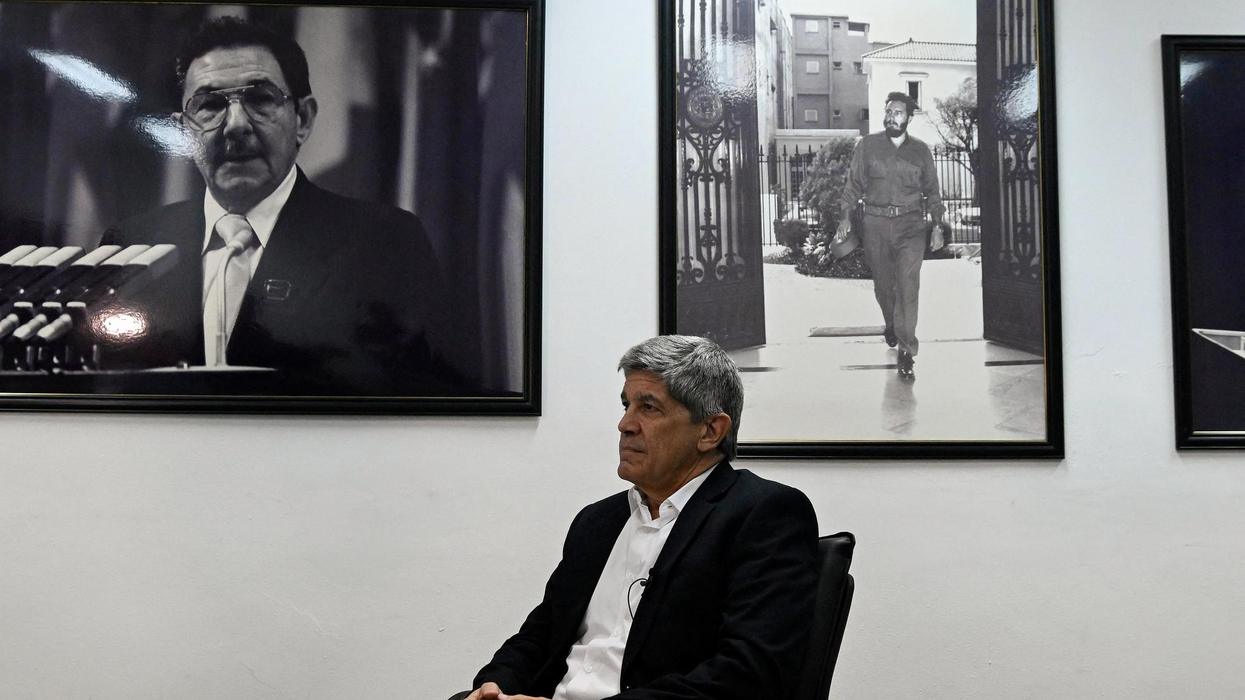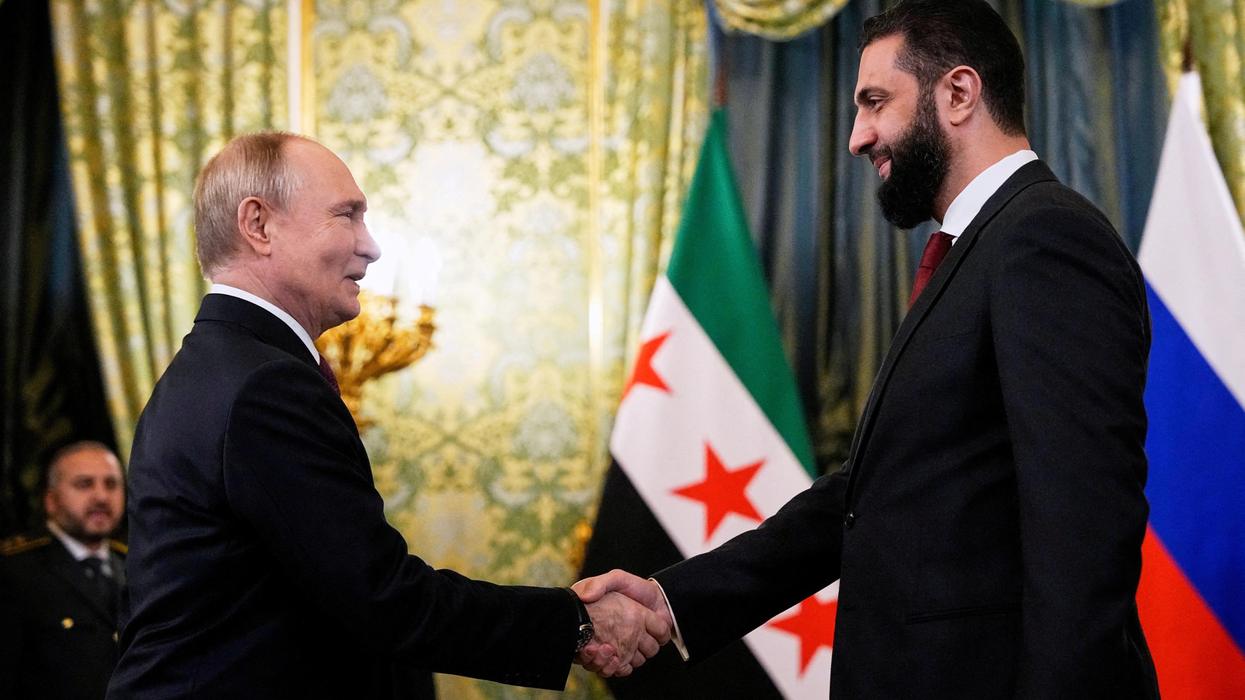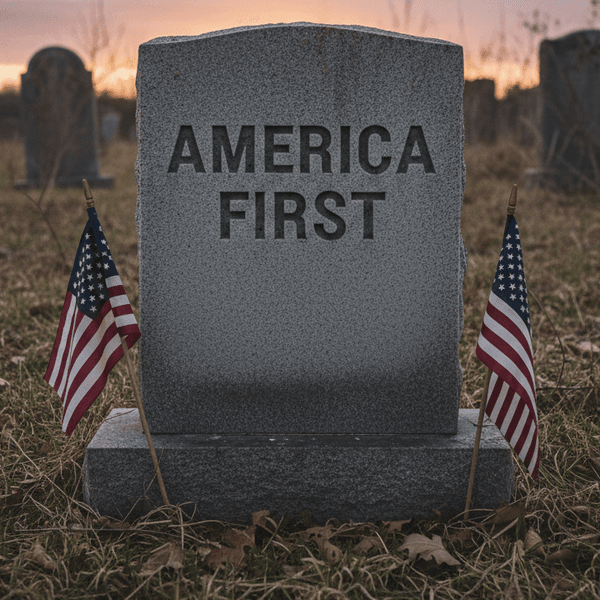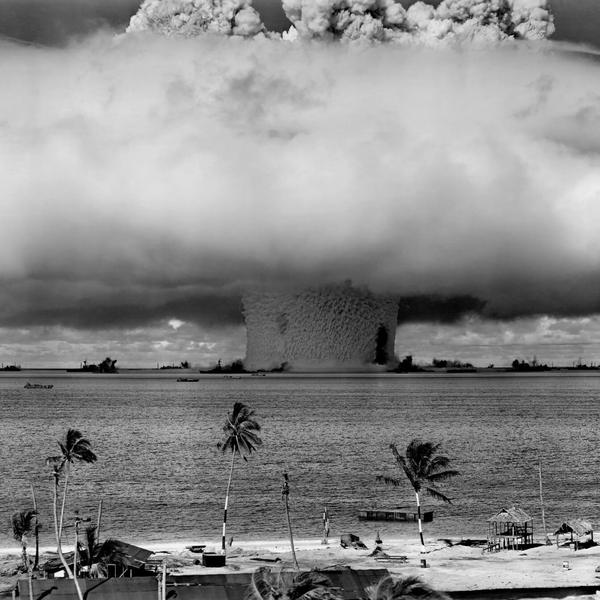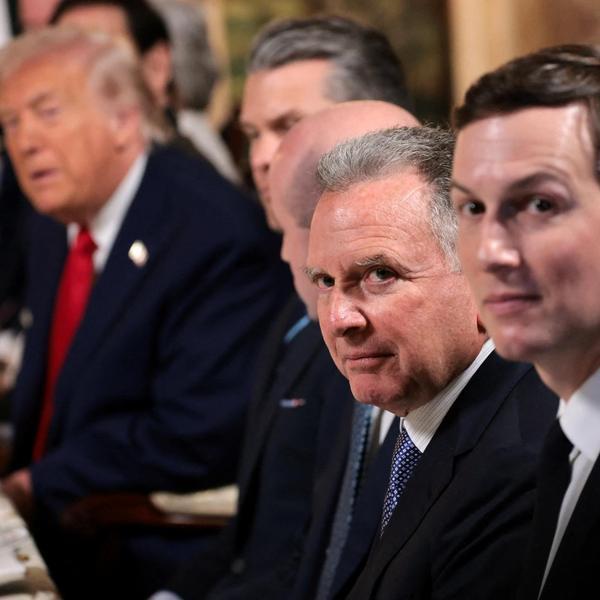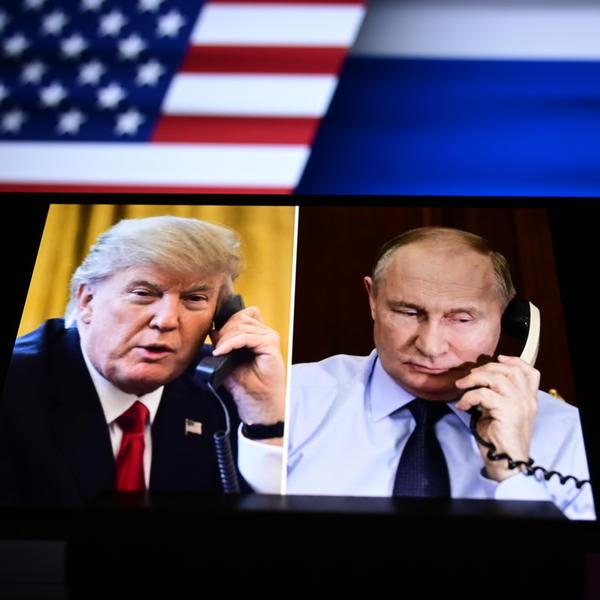President-elect Donald Trump spent the holidays mocking Canadian Prime Minister Justin Trudeau, suggesting that the U.S. could annex and make Canada the 51st state. He then went on to propose that the U.S. retake the Panama Canal, and buy Greenland.
Trump’s remarks brought the usual outcries and exhortations, but, in all seriousness, Trump will have more immediate foreign policy challenges on Day One, beginning with the wars in Ukraine and the Middle East, as well as Washington’s overall relationship with China.
Experts at the Quincy Institute have assembled several key priorities, keeping in mind Trump’s stated desires to pursue foreign policy in the national interest and reduce Washington’s foreign entanglements and new wars abroad. Can he keep to his own goals, considering the hot wars in Israel and Ukraine and Washington’s continued involvement in them — and growing tensions with Beijing?
2025 will be the test.
According to QI’s Eurasia and Grand Strategy fellows, Trump should maintain his commitment to putting U.S. interests first. This would mean pursuing a European balance of power strategy that avoids unnecessarily provoking Russia; rather, bringing all parties to the table and ending the war through negotiations.
This path to peace would focus on a new European security relationship that takes into account Russia’s longstanding aversion to NATO expansion, emphasizing instead expediting Ukrainian admission to the European Union and providing strong guarantees for Kyiv to deter future Russian aggression.
Furthermore, says QI experts, the U.S. should play “the China card” by taking into account Beijing’s interest in seeing the war in Ukraine end, including some of the ancillary dynamics — like North Korea’s military support of Moscow. Including China in coming to a negotiated peace would help bind the parties and could help improve the rocky relations between Washington and Beijing, and lay the foundations for future diplomatic cooperation
Middle East
Trump is facing a number of different fronts here, and all concern U.S. interests. On Syria, according to QI Middle East experts, the U.S. should pursue talks with the emerging new government in Damascus, as well as Turkey, to begin the process of withdrawing its 2,000 troops from the country. This should be a priority.
In Israel, there is no certainty that Tel Aviv’s military dominance will continue, much less lead to peace in the region. Trump needs to convince the Netanyahu government to follow through with a ceasefire agreement in Gaza to stop the fighting, and the U.S must limit the number of lethal weapon transfers to Israel, particularly 2,000-pound bombs, which have led to violations of international law and U.S. law regarding the transfer of weapons that are likely to be used to commit serious abuses of human rights.
Washington should continue to push for a two-state solution and stand in firm opposition to Israel annexing the West Bank, says QI senior fellow Annelle Sheline. Netanyahu must be convinced that his maximalist policies in Gaza, the West Bank, and Lebanon will backfire against Israel’s own relations and with the broader Arab World. In the worst-case scenario, she said, Israel’s actions will continue to fuel the potential for broader regional conflict and drag the U.S. in, despite the stated desire of multiple administrations to start reducing the U.S. military footprint in the Middle East.
“It would be in Trump's own self interest to rein in the Netanyahu government and its extremist agenda, which is destabilizing the region and increasing the likelihood of dragging the U.S. into an unnecessary war,” says Sheline.
“Trump should make clear to Netanyahu that he wants the regional conflict to wind down, which will require Israel to stop attacking its neighbors and stop killing Palestinians. In particular, Trump should tell Netanyahu not to annex the West Bank, which would likely drive Palestinians across the border and therefore violate Israel's treaty with Jordan, possibly sparking yet another conflict, when Trump campaigned on the promise that he could bring order to the region.”
On Iran, her colleagues say, Trump should resist efforts by some in his orbit to reimpose his “maximum pressure” campaign against Tehran and instead engage in talks to both curb Tehran’s nuclear program and help end the conflict with the Houthis in the Red Sea.
China
Trump should recommit to the “One China” policy in order to avoid a war with Beijing over Taiwan, according to QI’s East Asia experts. This is the greatest potential flashpoint between the two countries today. The U.S. should continue to encourage a peaceful resolution to the China-Taiwan reunification issue, helping to reduce its own military tensions with Beijing in the Taiwan Strait while assuring Taipei that it will continue to receive the tools it needs to defend itself.
In this vein, Washington should be willing to enhance crisis management mechanisms with Beijing. Quincy Institute senior Fellow Michael Swaine has formulated a series of recommendations on this front, calling out the current infrastructure as “critically deficient in carrying out this balancing act.”
“Such a process requires a delicate balancing act between achieving resolution without provocation and fostering accommodation without signaling weakness,” Swaine writes.
The other front is, of course, trade and economic engagement. Trump has threatened new tariffs against Chinese-made imports even as President Biden has expanded efforts to limit or ban certain exports to China, particularly in the realm of advanced technology, in order to prevent Beijing from achieving market dominance.
Washington should pursue less exclusionary and more reciprocal policies, say QI experts because in actuality the former ends up hurting U.S. competitiveness and business. In that vein, Trump should pursue policies that help revitalize U.S. industry at home while avoiding a decoupling strategy that could end up hurting the very American interests he has vowed to serve.
For more on the various approaches to economic competition with China, read QI Karthik Sankaran’s latest on RS.
Global South
Trump may seem uninterested in the vast outreaches of U.S. spheres of influences, including Africa and Southeast Asia, but he should be aware that in many of these places, governments are seeking better trade and development deals than they are currently getting from the West, or from Washington’s peer competitor, China.
Moreover, according to Sarang Shidore, director of QI’s Global South program, Washington needs to move away from a security-first approach that has typically seen the pursuit of blocs and has resulted in militarizing foreign policy. Not only does it not help the countries in question, but it also risks pulling the U.S. into other governments’ conflicts.
“We have seen this pattern in American history before, with Vietnam, Somalia, and Iraq 2003 as being among the best examples. Chasing rivals and inflating local threats in these postcolonial societies through military interventions, regime change, and deep militarization generates blowback and insurgency more often than it wins friends and influences people,” he says.
“Unless there is a demonstrable threat to U.S. vital interests, the support should be for generating sustainable partnerships and creating win-win economic opportunities in the Global South rather than arming and basing.”
***
Trump will face a number of urgent issues (Ukraine, Israel) and long-term challenges (Global South, China competition) after his January 20 inauguration. No doubt, a combination of personnel, priorities, and Trump’s own impulsiveness will be engaged immediately, with results varying, leaving 2025 foreign policy just as much in question as it is today at the end of the Biden era.
- Would Trump 2.0 be a hawk or a dove? ›
- 'America First' meets Greenland, Taiwan, and the Panama Canal | Responsible Statecraft ›
- Trump: 'our power will stop all wars' | Responsible Statecraft ›

